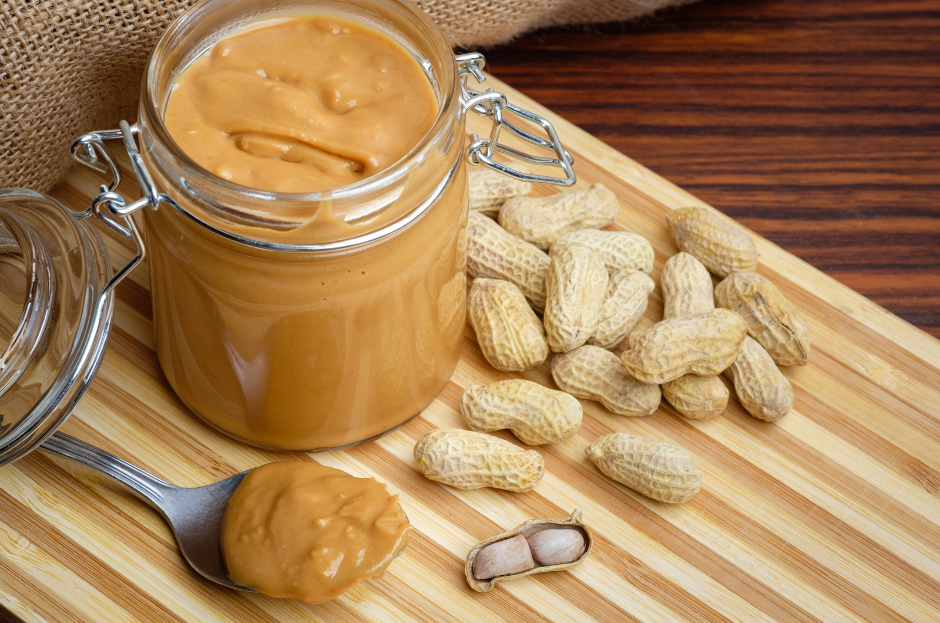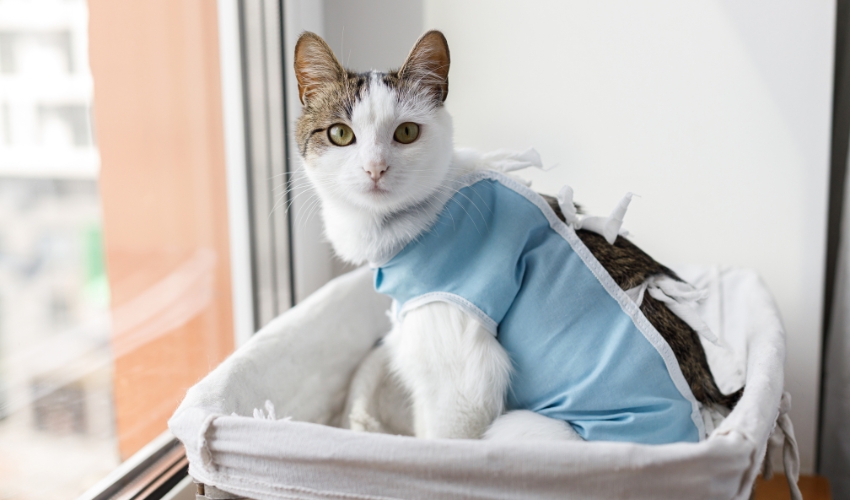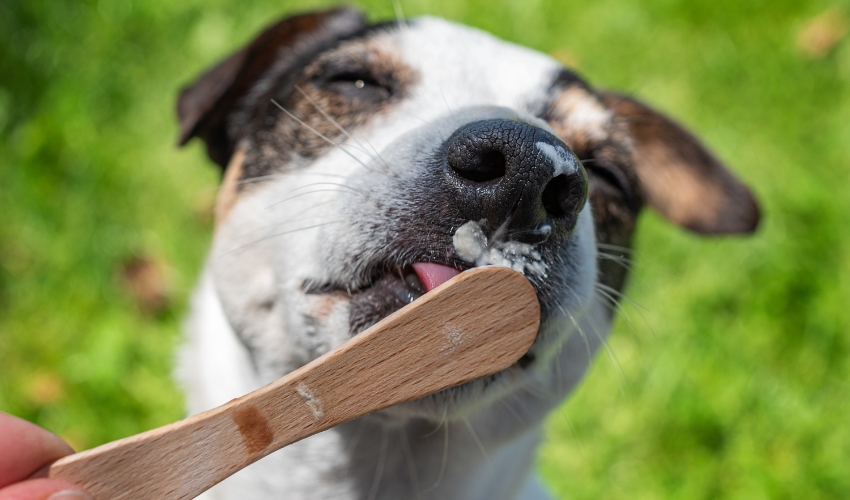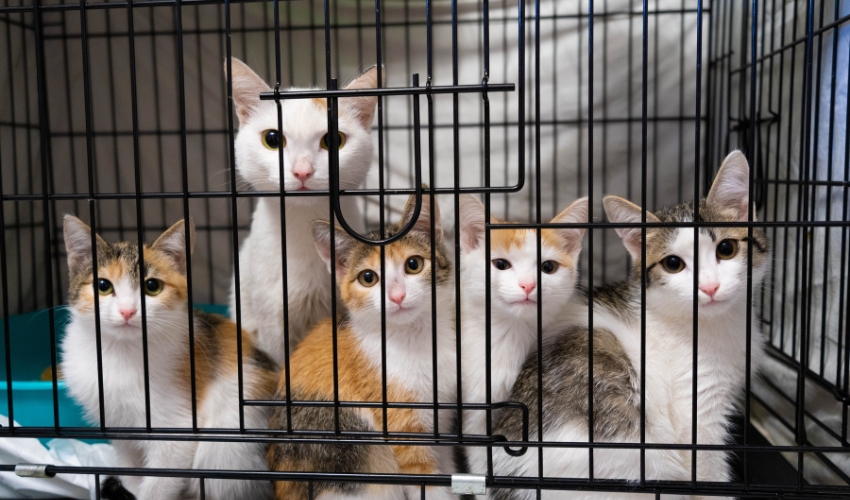Peanut butter is a sweet and salty spread made from ground peanuts. Its rich flavor and texture make it a popular treat for kids and a common ingredient in many meals for humans. Dogs love treats with peanut butter too. But what about cats? Can you allow your cat to lick peanut butter as you give some to your kids or dogs? Can cats eat peanut butter? Is it safe for them? In this article, let’s learn about the effects of peanut butter on cats.
Can Cats Eat Peanut Butter?
Cats love the rich flavor of peanut butter. While peanut butter is technically not toxic to cats, vets and experts do not recommend giving it as a treat. Peanut butter contains ingredients that can be harmful to cats. It also poses various potential risks, especially when eaten regularly or in large quantities.
Potential Risks of Peanut Butter to Cats
The following are the potential risks of peanut butter to cats:
1: Choking hazard
Peanut butter has a thick and sticky texture, which may lump in the cat’s throat. Some peanut butter also contains nuts. These are the reasons why cats may choke on peanut butter.
2: May cause allergies
Like humans, cats may suffer from allergies to certain foods. Peanut butter contains nuts, a common allergen that may also trigger an allergic reaction in cats. Like humans, cats may show symptoms like hives, itching, swelling, and gastrointestinal (GI) distress. If not appropriately treated, these symptoms may worsen, leading to severe complications such as anaphylaxis.
3: Gastrointestinal (GI) issues
Some cats may be more sensitive to peanut butter than others, which may cause GI issues even if they don’t have allergies to nuts. Some cats may experience diarrhea, vomiting, bloating, constipation, and other GI problems.
4: Poor health
Peanut butter contains added sugars, salt, and fat. These ingredients are added to improve their taste and texture for humans. However, for cats, these may increase their risk of illness and obesity.
Harmful Ingredients in Peanut Butter
While the ingredients in peanut butter are safe for humans, they may be toxic to cats. Let’s look at some harmful components and what they do to cats.
Xylitol
Xylitol is an artificial sweetener derived from wood pulp and used in some foods, such as candy and chewing gum. It is also added to peanut butter. While xylitol is not harmful to humans, it is detrimental to cats. It may cause vomiting, diarrhea, abdominal pain, and even death. It may also interfere with kidney function and lead to hyperuricemia in cats.
Sodium
Peanut butter is high in sodium. Cats ingesting a high amount of sodium may result in increased urination, thirst, and dehydration. They may also experience depression, seizures, and other health problems. In extreme cases, these effects can even lead to death.
Oil and Fats
Peanut butter is also high in oil and fats. Although these ingredients may help to keep peanut butter soft, they may also make it more harmful to cats. High oil and fat may cause bloating, constipation, vomiting, and diarrhea. It may also increase the risk of weight gain and obesity. High fat may also cause pancreatitis in cats.
What to do if your cat eats peanut butter?
In most cases, your cat should be fine after eating peanut butter. You don’t have to panic since it’s not necessarily toxic. However, you should observe your pet closely and ensure she’s not choking on the peanut butter. If she is, try removing the peanut butter from her mouth. If you can’t remove it, bring her to your veterinarian.
You must also look for signs of allergies and gastrointestinal upset mentioned above. If your cat is experiencing any of these symptoms, you should take her to the veterinarian immediately. She will likely have to take some medications to control these symptoms and ensure her overall well-being.
Healthy Treats You Can Give Instead

Rather than peanut butter, there are plenty of other healthy treats you can give to your pet. If you’re looking for human foods to offer, you may opt for fish, meat, cheese, bananas, berries, melon, carrots, rice, pumpkin, oatmeal, eggs, and spinach.
There are also plenty of healthy cat treats available in the market. Since cats are carnivores, the best treats for them are those that are primarily made of meat, such as salmon or chicken. Also, look for recognizable ingredients such as grains, vegetables, and other natural ingredients. Avoid those that contain plenty of preservatives, dyes, and fillers since these are not good for your cat’s health. Most cat treats sold in pet stores are full of fillers and fats that can easily cause obesity and heart problems, so read the packaging carefully before buying any treat for your pet. If you’re having trouble finding healthy treats, you can always ask your veterinarian for advice.











